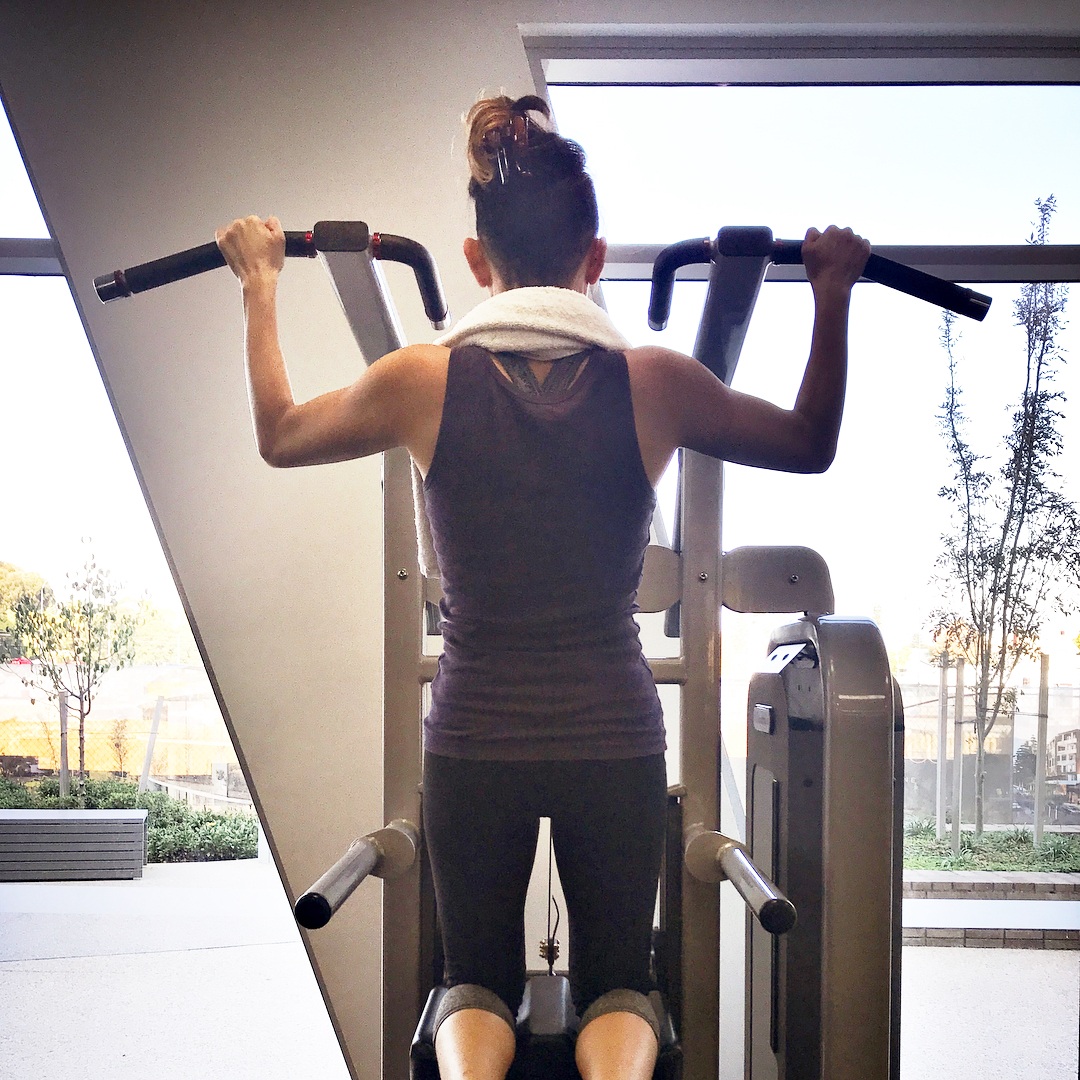When Good Posture Goes Bad — Nerd Body Problems

Ever since I was little, Mum's been in my ear about sitting up straight. I used to think it was about "ladylike aesthetics", but as I got older, I noticed so few of my friends (especially my girl friends) sat up straight. So, like, what the hell, right?
Now that I'm in my thirties and hitting the gym, I'm grateful for all that nagging.
This isn't about issues from congenital or acquired conditions (eg. scoliosis, ataxia, injury). These are things you can't control, and anyone who would hold you responsible for them is an ableist jerk.
It's the problems arising from habits and lifestyle factors — aka. my own choices — that scare the crap out of me. I don't want to get to old age with daily tension headaches, back pain, neck pain, nerve problems, heart disease, depression, etc. and suffer the terror of knowing I chose (however indirectly) to end up that way.
Adaptive shortening — aka. what happens when you sit badly. Every day. For years.
I first heard the term adaptive shortening in an Athlean-X video about posture.
This is when your muscles become short and tight from spending long periods in certain positions. It's a natural body process, but when it happens around certain body positions, you lose the robust mechanical structures that help keep you mobile and relatively pain-free.
So, say you spend pretty much everyday hunched over a keyboard. This position tends to see us sitting with our arms forward, chest closed and shoulders rounded in.
Without sufficient stretching and strengthening activity, the muscles of the chest eventually shorten, while the opposites muscles — in the upper back and shoulders — get longer, slacker and weaker.
This leads to a semi-permanent rounding of the shoulders, a hunched posture, "nerd neck", reduced mobility and range of motion, weakness in certain muscles and joints, and increased potential for injury when other parts of the body try to compensate during certain activities (like reaching for something in the back of the car, lifting your arm up when you shower, or helping a friend move house).
More than a headache
Bad posture can give you headaches. Literally. It messes with the nerves and muscles in your neck, shoulders and back, adding tension where it doesn't belong. But you probably already knew that.
What you might not know is the link between posture and incontinence, constipation and heartburn. Which is just... wow. I would never have imagined that connection.
I've also seen stuff about bad posture being linked to cardiovascular disease, though I'm having trouble finding a source I trust enough to share. It makes sense that there might be a relationship, though, especially if this bad posture came from a lifestyle that would affect your cardiovascular health anyway.
Plus, if you're suffering uncomfortable and tiring effects of posture issues, you're not going to be in the mood to exercise or do anything particularly active or healthy.
Not a life sentence, but still takes time
Bad posture brought on by habit and lifestyle isn't a forever problem. Your muscles adapted their way into this, which means you can adapt your way back out again. It just won't happen overnight.
You need to target the shortened muscles with exercise, stretching and rolling, helping them lengthen and become supple again. All while strengthening them so they can continue to adequately support you.
You also need to target the opposite muscles, aka. the antagonist muscles and their surrounding helpers. In the case of shortened chest muscles, these are the upper back and shoulders. Targeting the opposites will help your body retain the benefits of workouts targeting the shortened muscles, and generally keep you fit and strong in the long run.
Things to watch and learn
Here's that Athlean-X video I mentioned before. This is a great resource for learning about physiology and exercise. It's not some roided up meathead channel. There's body science here, and the muscle marker stuff is so interesting!! 👌
Here are a couple of short videos about working your shoulders:
This quote is from an article about planking, which is a nice and simple exercise to help your posture and core strength:
By strengthening your back, chest, shoulders, neck, and abs, this exercise makes it easier to keep your shoulders back and your lower back in a neutral position while sitting or standing — two vital components of good posture.
Planks also help you develop isometric strength in your core muscles, which gives you the power to keep from hunching while standing or sitting for long periods of time.
Plus this article on how to plank properly so your exercise is more effective, along with some soft, low-impact core exercises you can do... in a field? 🤷🏻♀️
Finally, yoga can be decent for posture work too. Look for chest openers or "heart chakra" stuff. Some of the more advanced yoga poses can be hazardous if you're not ready (physically, mentally, educationally), so start slow and work your way up.
If you're pregnant, have very bad posture already, or have any pre-existing structural issues that might increase your risk factor, please talk to a doctor, physio, certified PT before smashing a new workout.
Play safe, friends! 🤗